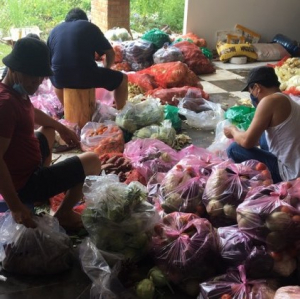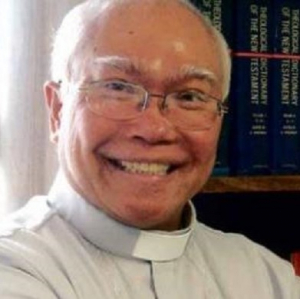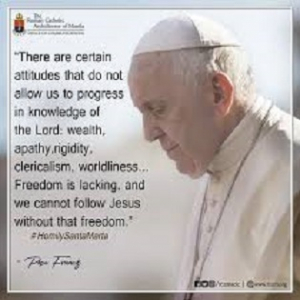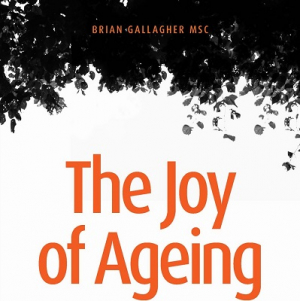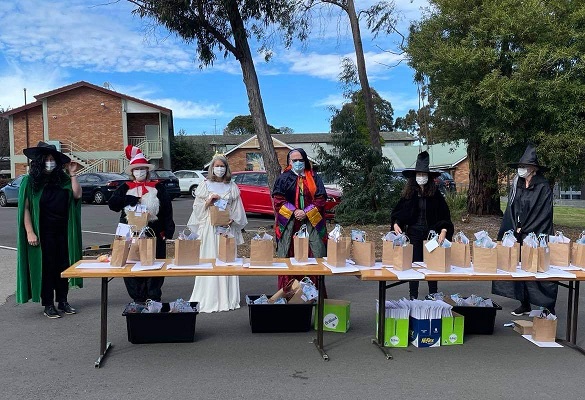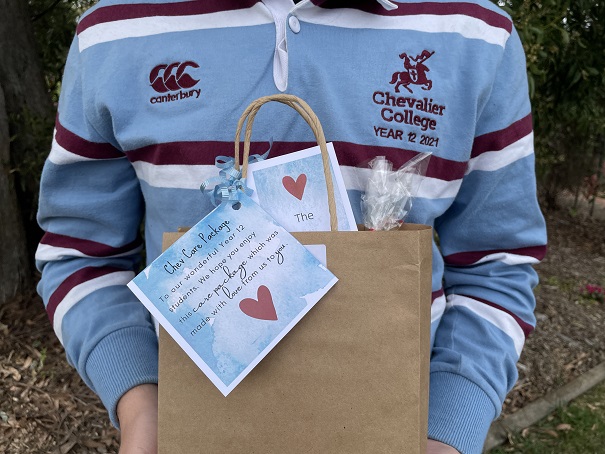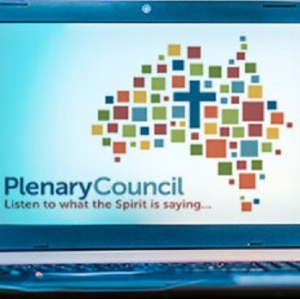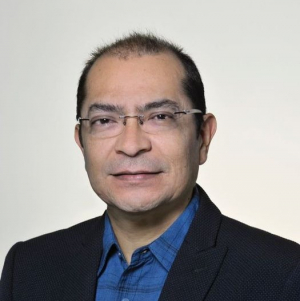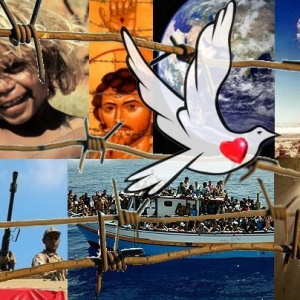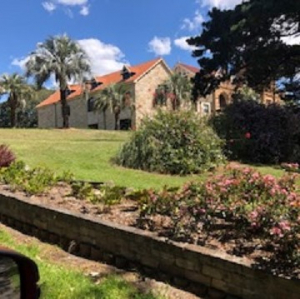Peter MALONE
MSC International News: Vietnam, USA, Belgium, Phillipines.
MSC International News: Vietnam, USA, Belgium, Phillipines.
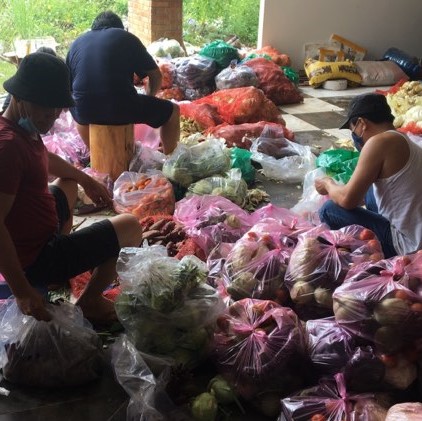
- Vietnam students and covid support
Our men in Vietnam with their charity activities of supplying food for the poor. From: Ngoc Minh Pham, MSC
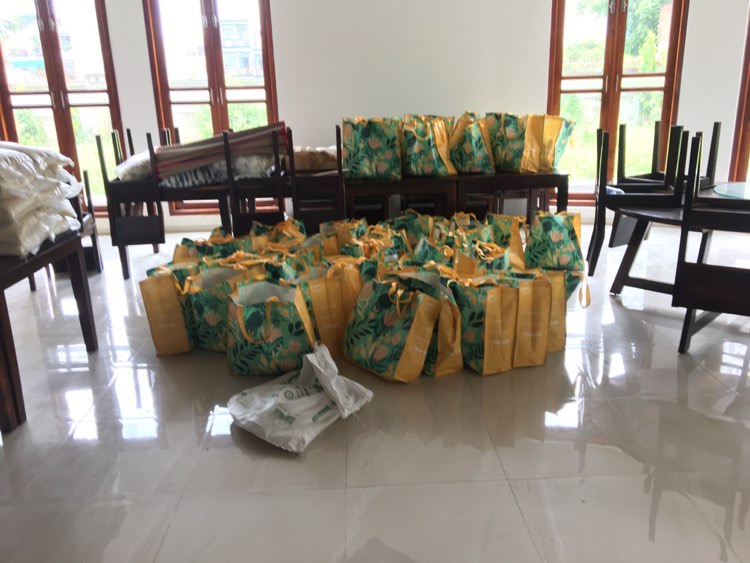
MSC Vocation Office in Vietnam reports they have had their monthly meeting with aspirants. There are 16 aspirants! They shared how they were coping with lockdown and what strategies they used to strengthen their resilience.
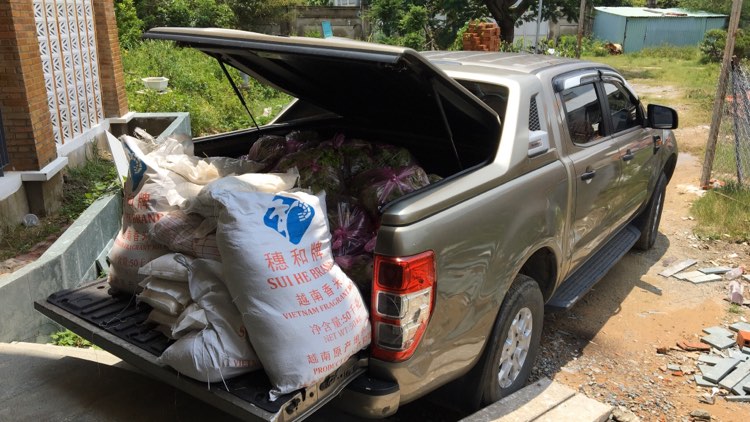
The most common two were, learning new skills and volunteering where they could. They finished their meeting with some words from the pastoral letter of the Archbishop of Saigon, which was based on Hebrews 6:18 “KEEPING OUR HOPE”. Thank you, Minh MSC (Director) and Tinh MSC and Quy, MSC (assistants).
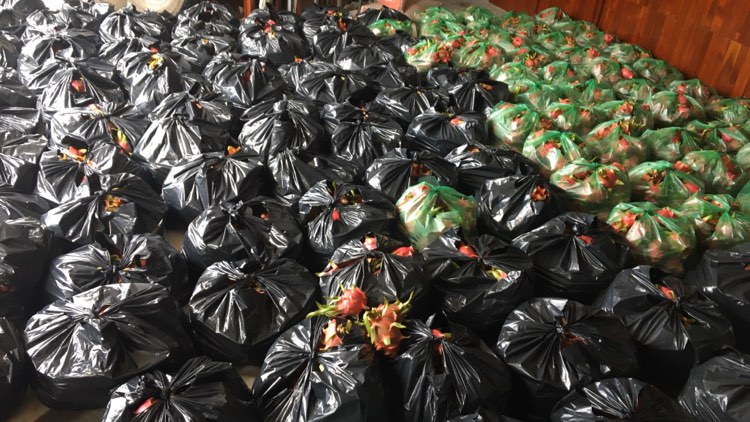
- US
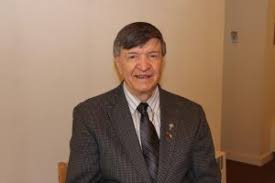
Jim Miller MSC has been renewed for a second term as Community Leader at Center Valley. He started his first term three years ago. Prior to this, he was Novice Master in Ireland.
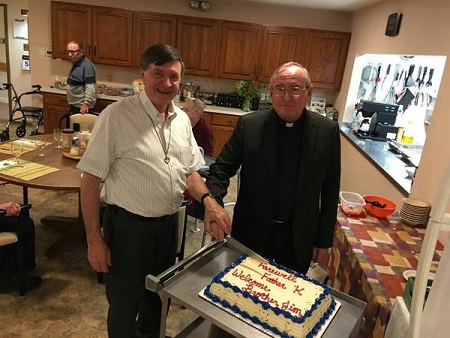
- Belgium
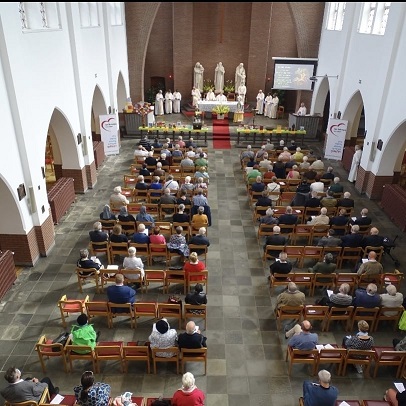
Congratulations to our Belgian Province on celebrating its centenary. Superior General, Josef van Keerckhoven held the office, 1959-1971 and officially visited Australia in 1962.
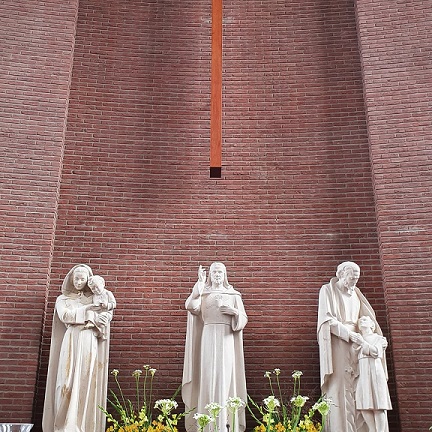
4. Philippines
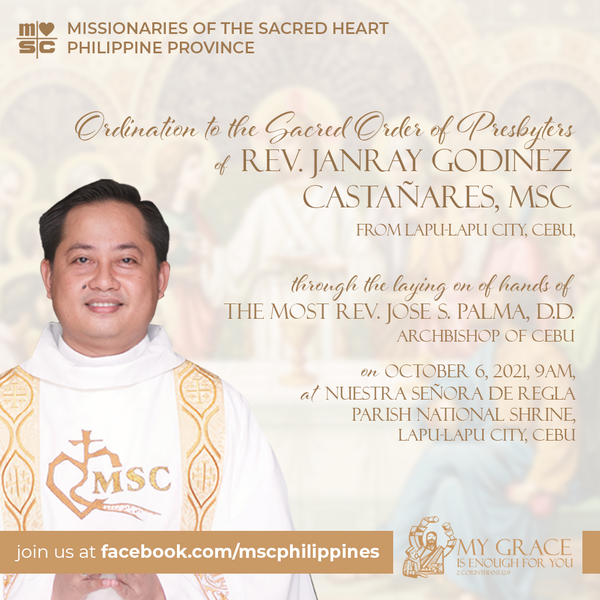
Congratulations to our newly ordained priest, Rev. Fr. Janray G. Castañares, MSC!
Fr. Janray is assigned as Parochial Vicar of Nuestra Señora Virgen de Regla Parish-National Shrine in Lapu-Lapu City, Cebu.
Ben Alforque MSC remembers his arrest, interrogations, torture and faith-testing during the Marcos Martial Law period in the Philippines, in 1973
Ben Alforque MSC remembers his arrest, interrogations, torture and faith-testing during the Marcos Martial Law period in the Philippines, in 1973
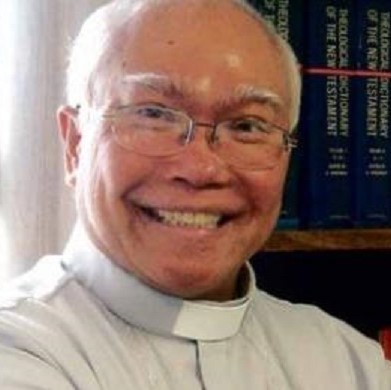
A story of our confrere and the courage of his convictions. Long but worth reading and considering.
As I begin this narrative, I must confess the fear and trepidation creeping through me again. I had to convince myself of my will to be free, that nothing evil would happen to me. I am angry, I want to cry, I am afraid, I am sad. I feel pity for what had happened and what is happening now. Nothing has changed fundamentally, but I must write so the young people may know.
In June 1973, after graduating from college, I was granted by my seminary superior a year of regency at Virgen de Regla Parish in Lapu-Lapu City, Cebu province. The parish was being served by the Missionaries of the Sacred Heart (MSC). Besides my parish work duties, I continued to do research for a possible master’s thesis on the philosophy of justice in the Filipino context. I had papers on the political, economic, sociocultural and philosophical-theological dimensions of the justice issues, especially among the poor people on Mactan Island—the fishermen, tricycle drivers and tuba gatherers.
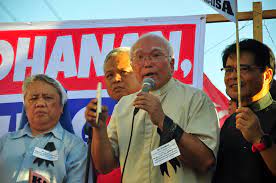
Arrest and incarceration
On Oct. 5, 1973, at about 4 p.m., a team of soldiers, riding in military jeeps and trucks surrounded and raided the rectory of Virgen de Regla Parish. Military men and intelligence agents barged into my room, without my knowledge, while I was watching TV with the MSC community. They took my political and economic research papers and my rare coin collection. This last was never seen again. A military officer then invited me to go with the team to the camp. I asked if I needed to bring some clothes. He said there was no need as I would be returning home after answering a few questions.
Together with the parish priest of Virgen de Regla Parish, I was placed in a van, with the military men squashing me between them and preventing me from looking out the window. I was brought to an office, which I later discovered to be the Military Intelligence Group office inside Camp Lapu-Lapu in Lahug, Cebu City.
The officer in charge introduced himself as Lieutenant Managbanag. Right away I was put under investigation by a certain Sergeant Garingalao. For three days and three nights, I was not allowed to sleep. I was not allowed to talk with the other newly arrested detainees. I was falsely accused of being a commander of the communist New People’s Army (NPA) in Leyte province, a period which I spent in its entirety at the seminary.
I was told that I had already been judged guilty, and that my task was to prove myself innocent. I was told further that in the hands of my interrogators, I did not possess anything, not even myself.
I was held incommunicado for two weeks, and placed in the dungeon, a room with double rows of iron bars without any electric light, save for the light coming from outside.
I was threatened with death, and on the penultimate day of my two-week incarceration inside this dungeon, I was asked for my last will. I asked that my parents or family be allowed to see me. My father was allowed to see me for 30 seconds, with the two of us standing on either side of the iron grills.
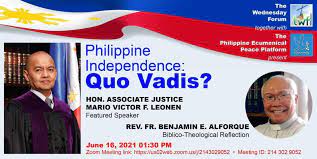
Psychological, moral torture
It was at this point that I was subjected to psychological and moral torture, and various indignities. First, the tactical investigator, Sergeant Garingalao, talked to me of sex and sexual descriptions, to break me.
That tack not having proved successful, I was made to witness how the uniformed military men tortured the other detainees. I was made to hear the terrible pained cries of detainees from the torture chambers.
Witness to sexual harassment
I was forced to witness the torture and sexual harassment of seven farmers from Samar province that the military had arrested and accused of being NPA members.
The farmers were blindfolded. They were made to face one another and the wall and to throw punches with all their might. They were hitting at each other and the wall, according to the whim of the military torturer. Bruised and in great pain, the farmers were then told to masturbate and drink their own semen.
I could not bear to watch. I covered my face and cried from inside my soul.
During this time of psychological torture, we were fed slop that was splashed on to the cement floor. We had to stoop to eat with our bare hands.
Still, they failed to break me.
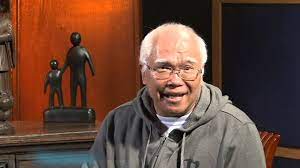
Formal investigation
After the second week, I was transferred to Camp Sotero Cabahug in Cebu City, this time under the Philippine Constabulary Command. I was told that was where my formal investigation would be held.
My first investigator was a Sergeant Alega. After three days, he could not get anything substantial from me. So, another special investigator was called to interrogate me. He was a certain Sergeant Rebueno, who I was told was called from Cotabato province just to interrogate me. I was told he was a former high officer in Ateneo de Manila University’s Air Force ROTC. He knew people I knew from the Ateneo student council. It was Rebueno who inflicted me with bodily harm, punching me in the body and belly, but without leaving any marks but reddish skin.
Alega told Rebueno to stop. Sometimes he would stop. Other times he continued the beating, not heeding Alega. I then understood they were playing good cop/bad cop. Alega took the soft, fatherly approach, which I learned later made the other detainees trust him. Rebueno took on the tough-guy approach. He was just mean and cruel.
After seven days of intensive formal investigation, by both Alega and Rebueno, I was finally committed to the Rehabilitation Center for Political Detainees at Camp Lapu-Lapu following a temporary stay with the criminal elements at Lahug Detention Center. Before being brought to a regular detention center, I was taken to see the camp’s military doctor. He glanced at me before signing the certificate that I was well, that I was not tortured or physically harmed. What terrible disrespect for the Hippocratic oath by a medical doctor!
I was in prison for eight months and 13 fruitful days. I was released on May 18, 1974, thanks to my family, relatives and friends who doggedly followed up my case.

Faith regained
No case was filed against me. There was no hearing, no lawyer. But my release papers said the case against me was subversion. I was said to have violated Republic Act No. 1700, or the Anti-Subversion Act.
In the first two months of my detention, I stopped believing in God. There must be no God, and if there was, then he must be a cruel one, I thought to myself. All I wanted was to be a good boy, and now I was imprisoned and psychologically and physically tortured.
There was a Bible and rosary given to me by two Benedictine sisters who were not allowed to see me. I never touched them until one night two months into my detention, when I could not sleep. At about 2 a.m., I got up, and for want of something better to do, picked up the Bible. I opened it, and my gaze fell on John 15:13. It said, “Greater love has no one than this, that someone lay down his life for his friends.” And should they bring you to court and torture you, remember that they did it to me first and worse!
I felt so ashamed of myself. I felt so small because my suffering was nothing compared to that of Jesus. And so I said to myself: “Oh, s**t, God. OK, you win. I will believe in you again. And should I get out of this prison alive, whether I become a priest or not, I will continue to serve you among the poor.” With that decision, I felt free. I realized I couldn’t be imprisoned anymore. No four walls, no power, could ever imprison the human soul. I had declared my freedom. From then on I could do whatever the love of God and service to neighbor impelled me to do.
Judgment is God’s
During the Holy Week of 1974, I asked my military custodians to allow me to attend the Easter Vigil Mass at the chapel of the military facility. The camp commander gave me permission, on the guarantee of the military chaplain, on condition that I should not say a word. I served at the Mass. When communion came, I had to help distribute the Body of Jesus. Coming toward me to receive Holy Communion were some of our torturers and their military bosses up to the rank of general who had ordered our torture and terrible detention.
I had to make a split-second decision: Should I or should I not give them Holy Communion? In that moment I realized that this was not about me, and not about my judgment on them. It was about Jesus and his invitation to them. Between those moments of torture and their coming for communion, many things could have happened that I did not know. Judgment lay in the hands of Jesus, in their relationship with him. I surrendered in my heart. I gave them Holy Communion, the Body of Christ.
Those moments convinced me that there are really few truly evil people in the world. The words of Jesus on the cross, ringing with compassion and profound understanding of the complexities of the human heart, of the human condition, rang clearly: “Father, forgive them for they do not know what they are doing.
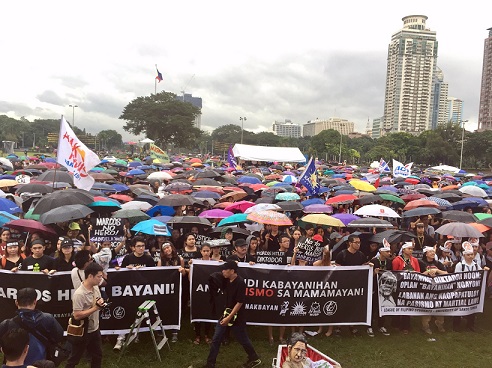
Editor’s Note: The author was a member of Makabayang Samahan, the college students’ arm of Kapulungan ng mga Sandigan ng Pilipinas, as a college student at Ateneo de Manila University. He was active in organizing the students in Metro Manila for what was then called the Democratic Left movement. After his release from military detention in 1974, he was placed under house arrest, city arrest and provincial arrest in Cebu. He was not allowed to go back to the seminary for a year.
While studying theology at Loyola School of Theology, Quezon City, from 1976 to 1980, he had to regularly report to the Philippine Constabulary in Cabanatuan City, Nueva Ecija province, and later, at Camp Crame. He was ordained in 1979. The next year, he left to study biblical exegesis at Pontifical Biblical Institute in Rome, thanks to the intervention of Jaime Cardinal Sin who secured a permit for him to travel from the office of Gen. Fabian Ver.
He returned in 1985 with a licentiate degree in sacred scripture, taught at Maryhill School of Theology, was dean of studies at MSC Sacred Heart Scholasticate and consultant to the Office of the President and moderator of the Communication Foundation for Asia.
He became a founding member of Selda, and later of Karapatan, while being actively involved in education for justice and peace. He served as parish priest of San Luis de Gonzaga Parish, was district superior of MSC Agusan District, vicar forane for the Diocese of San Bernardino in California and is now back with Communication Foundation for Asia.
A Plenary theme: clericalism. Some comments for reflection, some posters of Pope Francis’ perspective.
A Plenary theme: clericalism.
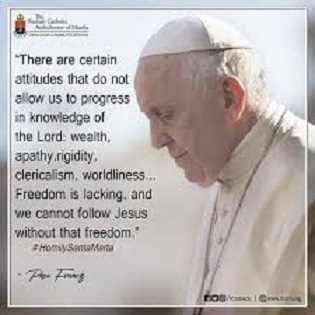
Some comments for reflection, some posters of Pope Francis’ perspective.
Clericalism is the idealisation of the priesthood, and by extension, the idealisation of the Catholic Church. Clericalism is linked to a sense of entitlement, superiority and exclusion, and abuse of power.’ A person suffering from clericalism sees himself as special, superior to others and worthy of greater respect. This could lead to arrogance and the belittling of others. Lay people can also be guilty of clericalism if they support this attitude.
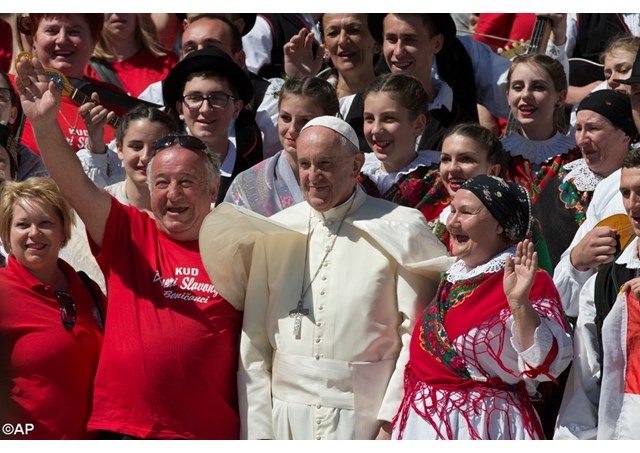
'We need seminaries to be places that train new generations of clergy to be servant leaders who can pastor — not rule over — the faithful.'
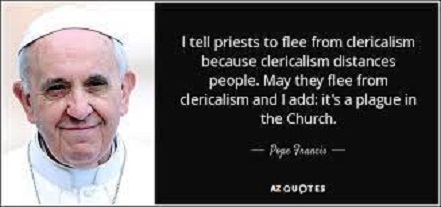
After all, Jesus never sent his disciples to a seminary. Jesus introduced them to kingdom values not in a building, but ‘on the road’.
'He should not be given the impression that he is somebody special and above the community, but rather one of the community.'

Gideon Goosen, author of Clericalism: Pope Francis recognises clericalism as an “exclusivist vision of vocation,” which can lead to a “group that has all the answers and no longer needs to listen or learn anything” (address to the Opening of the Synod of Bishops on young people, the faith and vocational discernment, October 2018)
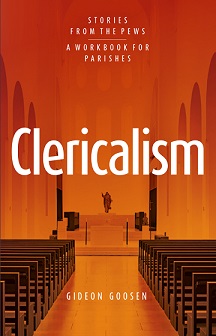
Many societies and institutions reflect a situation where one group of people leads a privileged life, rules over the rest, and are not accountable to others.
In the Catholic Church (and other churches), this can be called clericalism. One group (the clergy) have all the power, authority and are not accountable to the rest. The rest simply accept that this is the way things are and have few and very modest expectations.
Clericalism: Stories From The Pews records Catholic's experiences of clericalism and responds to those encounters in the light of the Gospel witness, the nature of priesthood, the documents of the Second Vatican Council, and the constant teaching of Pope Francis. It also explores issues such as seminary formation, appointment of bishops and attitudes to women in church.
Clericalism is a workbook for parishes where priests and people together can consider the mission and structure of the church and plan for ways in which grown up Catholics can be formed as Christian disciples with adult faith and integrity.
 !!!!!!!!!!
!!!!!!!!!!

New Book, Brian Gallagher MSC, The Joy of Ageing, A Spirituality for Oldies
New Book, Brian Gallagher MSC, The Joy of Ageing, A Spirituality for Oldies
Coventry Press, 2021, pp. 72.
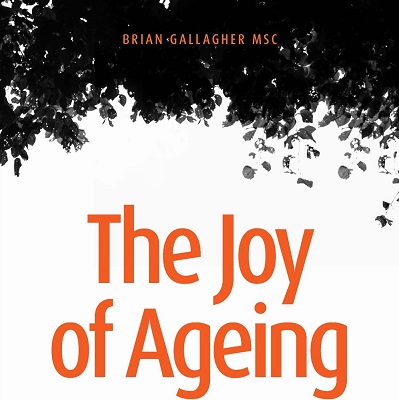
From the back cover
We do not lose heart. Even though our outer nature is wasting away, our inner nature is being renewed day by day. 2 Cor. 4:16

Though ageing can be a painful, stressful time for many people, Brian Gallagher finds consolation in a new perspective on life, as he ages. The book reflects on the joys and the struggles, the memories and the dreams as we grow older. Brian finds a tempered joy even in the inevitable diminishment of ageing. He writes from his own experience and after many years of listening to others as a spiritual guide. This book offers a clear Christian approach to ageing: it is a major contribution to a spirituality of ageing.
Brian Gallagher has degrees in science, theology and spiritual direction. His earlier books include God’s Foolishness, The Eyes of God, and Set me Free. Brian is a Catholic priest in the community of the Missionaries of the Sacred Heart, now retired after fifty years of ministry in spirituality and spiritual direction.
PS. Michael Sims MSC in his endorsement of the book notes the statistics of increasing age around the world and into the future, billion targets for 2050. He notes this book will be a best-seller for years to come!

MSC Chevalier College, a 75 years story: care packages for Year 12.
MSC Chevalier College, a 75 years story:

care packages for Year 12.
A few weeks ago we had the students drive through in groups to collect their care package. Given our 160 Year 12 students live far and wide from Bowral only three students were unable to come in.

You will see the ‘team’ all dressed up : Principal, Well-being co-ordinators and curriculum co-ordinator.
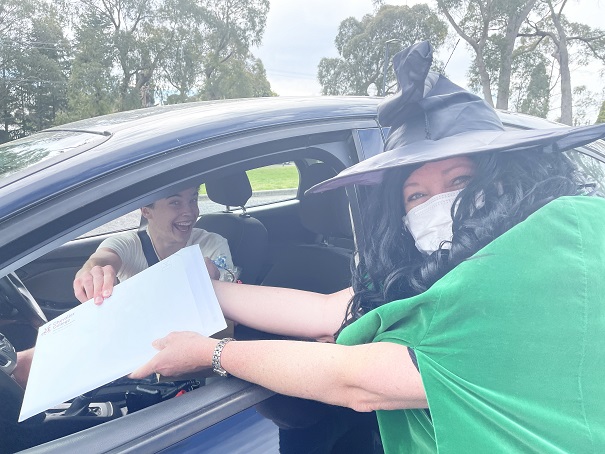
Included in the well-being package was their trial HSC results.
Just another example of the MSC/Chevalier charism in action.
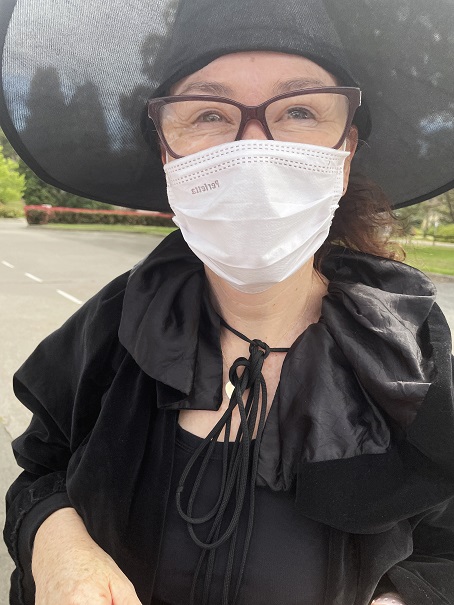
Chris McPhee MSC, Philippa Murphy OLSH, Mary Drum MSC, Delegates to the Plenary Council
Chris McPhee MSC, Philippa Murphy OLSH, Mary Drum MSC, Delegates to the Plenary Council

Over 120 people gathered on Zoom on the 4 August in a Commissioning Ceremony of the 45 members of Religious Congregations and Institutes of Apostolic Life who are preparing to attend the forthcoming Assembly of the Fifth Plenary Council of Australia.
In a prayer service organised by Catholic Religious Australia, Peter Carroll FMS, CRA President, welcomed everyone with a sense of anticipation of the momentous opportunity ahead. “We are facing a significant moment in the history of the Australian Church,” said Br Carroll. “The Plenary Council is a vital opportunity for dialogue and discernment, attentive to Pope Francis’ leadership and the energies of the Holy Spirit.”
A spirit of joy and enthusiasm was palpable from the very start of the gathering, with one visitor remarking, “I was struck by the strong spirit of camaraderie among the group as people entered the Zoom space. Greetings and good humour were flying back-and-forth across congregations and states and cyberspace!”

Leading the service, Bernadette Kiley OP invited those gathered to pray. Following a proclamation of the Word of God by Philip Watkins SSS, the group spent some time prayerfully calling upon the power of the Holy Spirit, with the help of a Taize-sponsored international online youth choir (56 young people from 36 countries) singing Veni Sancte Spiritus.
The 45 Plenary Council Members were then called individually by name, and each invited to state a particular gift, quality or attribute that they are committed to bringing to the Plenary Council Assembly.

Statements of gift were richly diverse and included ‘attentive listening’, ‘a spirit of mission’, ‘an empathy with the voiceless’, ‘a deep thirst for unity’, ‘a discerning heart’, ‘passion to empower the voice of young people and women’, ‘the strength of the marginalised’, ‘a new enthusiasm to proclaim the Gospel and to learn from others’, ‘a deep love of religious life and the Church’, ‘joy-filled hope’, and many more.
A prayer of commissioning followed, and the group was sent forth with the good wishes of their colleagues and companions. In a closing word of gratitude, CRA Executive Director Anne Walker acknowledged the prophetic voice of Religious in these challenging times, without which the gospel efforts of the wider faith community would not be complete.

Expressions of appreciation from participants were flowing in even before the Zoom cameras were switched off. “The ceremony, with its simple and lovely prayer, was certainly worthwhile. It gives us a real sense of solidarity,” commented Patty Fawkner SGS, Vice President of CRA and Congregational Leader of the Good Samaritan Sisters.
The gathering of Religious was joined by representatives of the Australian Catholic Bishops Conference, the Plenary Council Facilitation Team, as well as by CRA Secretariat staff Sylvia MacRitchie-Hook and Teresa Pirola who were instrumental in the design and delivery of the service.
The 45 Religious commissioned take their place among the 285 Members of the Plenary Council.

Abzalon MSC, Exhortation from the General Conference
Abzalon MSC, Exhortation from the General Conference
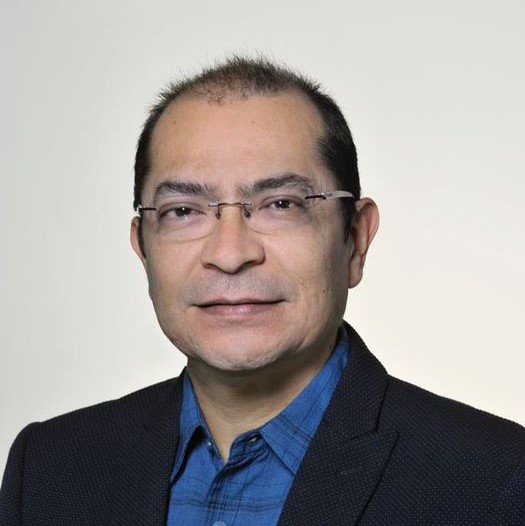
For our weekend reading and reflection
Dear Confreres,
this General Conference has been for all of us a new opportunity to unlearn and deconstruct previous formats and paradigms of action and to open ourselves to the possibility of the new, of what emerges from the new 'normality' we face.
When we started, we had to decide that two members of the General Team would be our facilitators, and I am convinced that this was God's Will. Thank you, Humberto and Chris, for your guidance, patience, and hard work during these months. Our host team members from different parts of the world have been the basis for this activity: Thank you, Roy, Brett, Kenji, Michael, Ireneo, and Tiago. To Richard and Hengky, our secretaries.
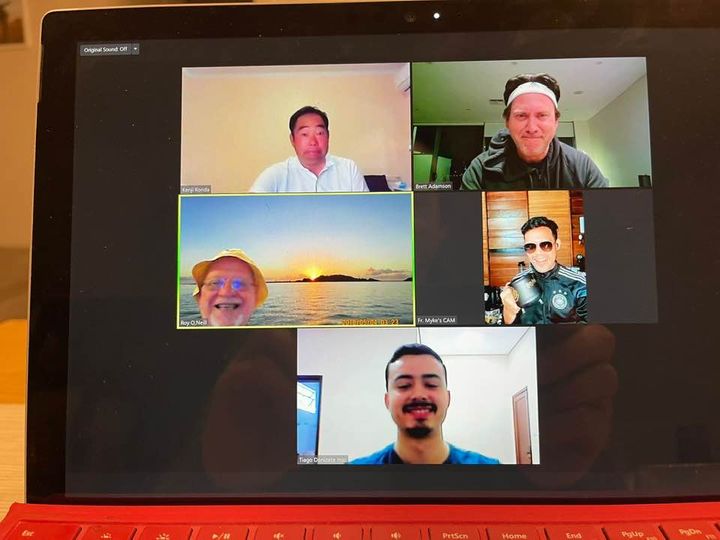
And to Richard Kim, who has enlightened and helped us so much with his visual listening. Together with them, I thank all the translators we have had. The members of the General Team ended up being the steering committee of this Conference.
The whole Chevalier Family, namely: OLSH Sisters, MSC Sisters, and the Laity of the Chevalier Family, both at the provincial level and from the international committee, have been very close to us during the running of this Conference. Particularly with the Laity, we have been in communication.
This Conference has reconfirmed that the Church’s and the Congregation’s center is no longer on a particular continent but that the center is in the MISSION. Chevalier's Inspiration is everywhere. (MSC Const. 4 - 5)
The June and August sessions were moments of deep consensus building. Literally of co-creating agendas and priorities together.
And we came to these September days to define the nine (9) points on which we felt we could make decisions. We defined what was essential to be informed. And with a synodal and congregational heart, we have suggested possible strategies so that, in these next two years, we can, as a WHOLE, put into practice actions for the good of the Mission and in search of the transformation we need on the way to the General Chapter 2023. (MSC Const. 225 - 226)

From the article sent to us by Chris Chaplin, we learn that an adaptive and transformational leader is aware that the suggested strategy proposed by his group or by himself is perhaps not the one that will be put into practice, but he will know how to adapt to the fact that the best one will be sought in order to achieve the goal, or the end, which is the vital thing because such a leader has the Spirit of collaboration, of co-creation and above all of LISTENING.
The Spirit and the passion for the Mission have guided us in this General Conference to "LET GO" of mentalities and ways of doing things that no longer respond to today's challenges; we are ending this experience trying to open ourselves to what we must "LET COME" and to the future as it emerges.
We continue to be called to be leaders in complex and challenging contexts.
According to Robert J. Bies of Georgetown University, we live in a context of Leadership in a VUCA World. VOLATILITY, UNCERTAINTY, COMPLEXITY, AMBIGUITY.
- Volatility—The challenge is unexpected and unstable and may be of unknown duration
- Uncertainty—Lack of information; Change is possible but not a given
- Complexity—The situation has many interconnected parts and variables; Multicultural and pluralistic societies; Interreligious dynamics
- Ambiguity—Causal relationships are unclear; Many different interpretations of the data/information
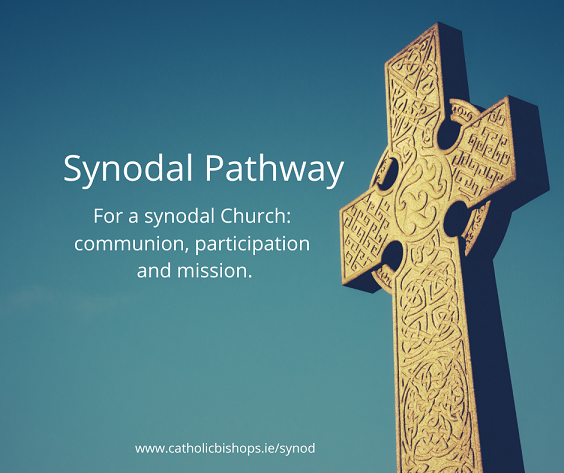
But as MSC leaders, we are called to Live our Leadership from what Bill George calls: VUCA 2.0. VISION, UNDERSTANDING, COURAGE, AND ADAPTABILITY.
- •Vision in action—Communicate your vision in one paragraph.
- •Understanding in action—Develop an in-depth understanding of the current environment while also looking to the future; Seek a full spectrum of viewpoints, including dissenters. Dialogue and discernment are keys—practice mindfulness (silence, quiet reflection and journaling).
- •Courage in action—Leaders are "signal senders"—Be confident and bold! Stand up, but never stand-alone! Build alliances within the team and across the organization!
- •Adaptability in action—Make multiple contingency plans.
Following the Pope's words, we need to witness that we are in the same boat, interdependent and interconnected with each other in these next two years, so Matthew 8, 23-26 may give us the confidence to face the future.
As Jesus got into a boat, his disciples followed him. Suddenly a violent storm came upon the sea so that waves were swamping the boat, but he was asleep. They came and woke him, saying, "Lord, save us! We are perishing!" He said to them, "Why are you terrified, O you of little faith?" Then he got up, rebuked the winds and the sea, and there was a great calm.
A quote from Thomas Merton might also help:
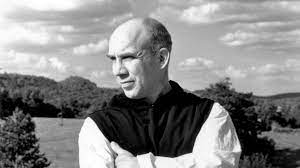
You do not need to know precisely what is happening or exactly where it is all going. You need to recognize the possibilities and challenges offered by the present moment and embrace them with courage, faith, and hope.
So dear Confreres, we invite you to BE synodality, not only to have synodality. We will need intense sharing and living dialogue during these next two years. Synodality is LISTENING, CORRESPONSIBILITY AND PARTICIPATION. Synodality is not just doing what I think.
Synodality is conversion and renewal transformation. It demands new kinds of synergies and a new sense of belongings—a conversion of ourselves as leaders, leaving the ego-systemic traits of our mentality and practices.
Actions will happen from now on if we ALL commit ourselves to make them happen. We need to move from a conflict resolution mentality to a more appreciative approach to challenging situations.
Life and Mission cry out and demand this commitment from us. We want to continue to be leaders with the smell of the sheep. We need to continue to listen to the cry of Mother Earth and the cry of the poor and excluded. Above all, we need to listen to the cry of the confreres who are members of our MSC entities. (MSC Const. 13)
I offer here the words of Peter Drucker: Management is doing things right; Leadership is doing the right things.
Thanks so much to all of you for your participation, feedback, and work you did at home in between sessions. Please, extend our gratitude to the MSC members in your Entities and the people of God who you serve for praying for us during these days.
And may we continue to be the Heart of God on earth, as well as making the Heart of Jesus be loved everywhere.
Thank you very much.
Mario Abzalón Alvarado Tovar, MSC
Superior General
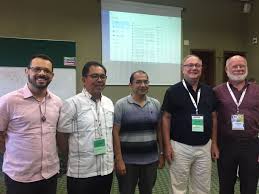
On behalf of the General Leadership Team: Andre Claessens, Paulus Pitoy, Chris Chaplin y Humberto Henriques
First Friday of October, MSC Justice and Peace Australia, The Chevalier Family
First Friday of October, MSC Justice and Peace Australia, The Chevalier Family
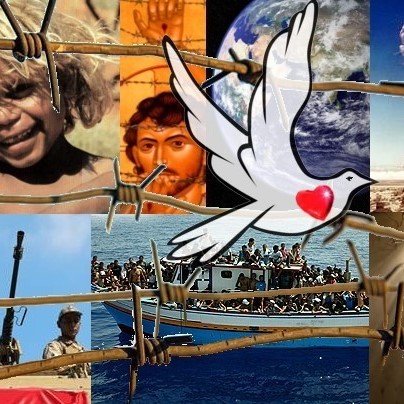
The MSC Justice and Peace Centre tries to promote God's love for all people in all places by actively drawing to the attention of Missionaries of the Sacred Heart, their affiliates and co-workers, injustices where structure perpetuates violence, inequality, disadvantage, conflict and poverty in our world and, working with others in the MSC family to discover through reconciliation, healing and advocacy God's presence in our world.
And the Chevalier Family Justice and Peace theme for October.
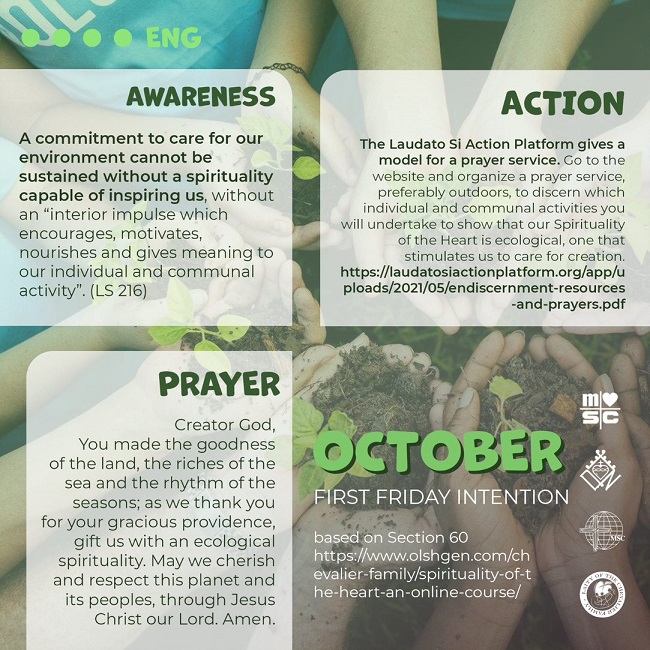
Some Significant October Days for the Chevalier Family, 2021
Some Significant October Days for the Chevalier Family, 2021

Many of the significant October days are part of the life of Jules Chevalier, not only the anniversary of his death, October 21st but other days: his vision of the role of the laity in the MSC, his resignation, his anointing.
1 October, 1905
The MSC Generalate transfers from Belgium to Rome, Piazza Navona, the site of the first MSC house in Rome. No longer the Generalate, but the Church and Shrine of Our Lady of the Sacred Heart, Piazza Navona, continues to draw pilgrims from all over the world and continues to be served by the MSC today.
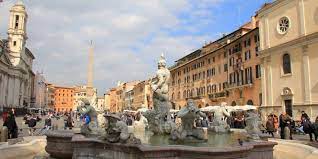
The facade on the right of the photo.
2 October, 1901
The MSC Generalate, expelled from France, is established at Remy-lez-Chimay in Belgium.
3 October, 1901
Father Founder resigns as Superior General. French MSC, Father Arthur Lanctin succeeds him as General (1901-1905). Father Lanctin is also buried in the Crypt in Issoudun.
3 October, 1918
Death of Father Emile Maugenest, O.P., co-founder of the MSC Society. Maugenest had been compelled to leave Issoudun and the MSC's in 1857 in obedience to the Cardinal Dupont, Archbishop of Bourges who appointed him as Archpriest of Bourges Cathedral. He later entered the Dominicans, but remained on good terms with the MSC and was at Father Chevalier's side in 1904 for the celebration of the 50th anniversary of the MSC Society.
4 October, 1904
The old Third Order becomes "The Society of Souls Consecrated to the Cult of the Sacred Heart of Jesus", a title suggested by Rome. Chevalier had envisioned this branch, not so much as a work of the MSC's, but as an extension of it into the laity. However, this original vision was lost when the MSC General Chapters of 1905 and 1907 rewrote the 1877 Constitutions. The re-written text gave the impression that the MSC Society consisted solely of religious priests and brothers.
5 October, 1922
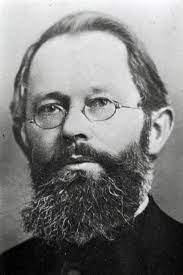
Father Hubert Linckens, MSC, first Provincial Superior of Germany (1897-1910) and historical founder of the MSC Sisters, dies in Hiltrup, Germany. Linckens guided the MSC Sisters until 1911 at which time he became the first General Assistant of the MSC in Rome, and in this capacity lived in Australia from 1914-1920. Because World War I, he couldn't return to Italy and therefore stayed in Australia, during which time he helped in the up-building and promotion of the Australian MSC Province.
9 October, 1907
Fr. Chevalier receives the Anointing of the Sick, administered by Fr. Hériault in the presence of his confreres, some FDNSC Sisters and M. Bernard de Bonneval, in whose home he was living after having been expulsed from his presbytery in January of the same year.
10 October, 1867
Inauguration of the Apostolic School at Chezal-Benoît.
11 October, 1953
For the first time since the death of Fr. Founder, an MSC parish priest is installed in the parish of Saint Cyr, Issoudun. The parish priest of Saint Cyr continued to be an MSC until 2010 when it was again handed over to the diocese. However, today there remains an MSC presence with Vicars Fathers Joseph Desbois (Fr) and Lazare Elenge (DRC).
14 October, 1853
Father Jules Chevalier is transferred as curate from Châtillon-sur- Indre to his third parish, Aubigny-sur-Nère. The following year, on 21 October, 1854, he would go to Issoudun and remain there until his death, exactly 53 years later to the day.
15 October, 1906
Because of the expulsions, Father Chevalier authorizes the transfer of the FDNSC Generalate and novitiate to Thuin, Belgium.
17 October, 1872
Consecration of France to Our Lady of the Sacred Heart.
17 October, 1884
Departure of the first five FDNSC from Issoudun to the mission of Melanesia.
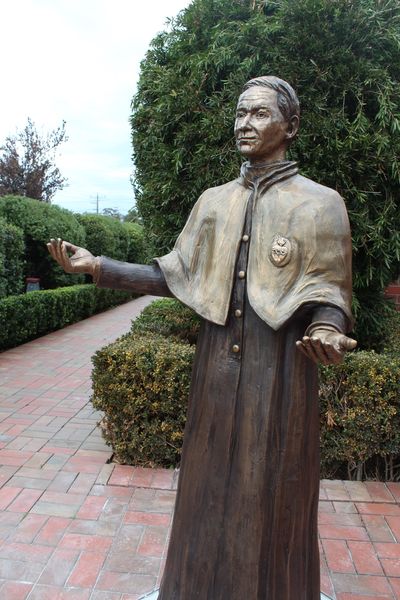
The new OLSH Bentleigh statue
21 October, 1907
Death of Father Chevalier, founder of the MSC, the FDNSC and spiritual founder of the MSC Sisters. He is buried in the Crypt in the Basilica on the 24 October, 1907.
27 October, 1913
Monsignor Couppé founds the Congregation of the Daughters of Mary Immaculate (the FMI Sisters) the first local Congregation of Sisters founded in PNG.
Their formation is entrusted to the FDNSC Sisters.
The Kensington Monastery Spring Collection
The Kensington Monastery Spring Collection

It’s spring here, season of growth and colour.

These photos were part of a Province update, new life at Kensington Monastery.
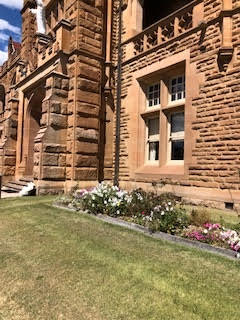
We might call it the Kensington Spring Collection.

Easy for your eyes


